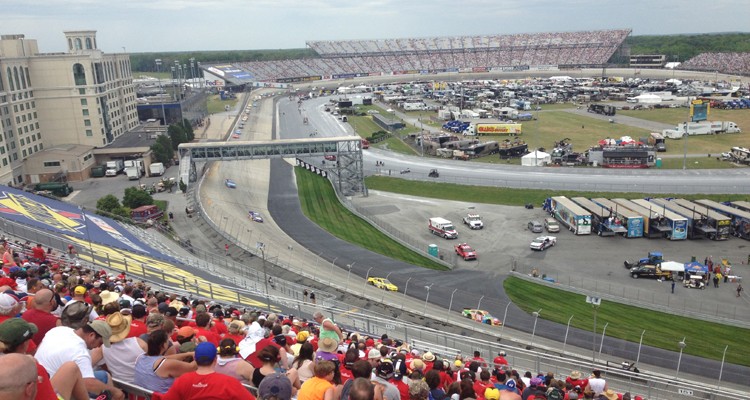In an attempt to gain more support from the legislature and ease the hit to the state’s wallet, changes within Sen. Brian Bushweller’s (D-Dover) latest casino bill would be implemented over the next four years rather than three.
According to Bushweller, specifics of the bill include the state foregoing a table game franchise fee and dropping the table game tax rate by nine percent over the first year, with a cost of approximately $13 million. Down from its current 29 percent, eventually the effective tax rate will dip to 15 percent by 2018. Bushweller says that could grow the part of the casino industry that is failing now.
The possibly expansion has been on casino executive’s wish lists for a considerable time. In recent years those execs have lobbied the General Assembly consistently to take on a larger share of the cost of operating their businesses in order to avoid an entire loss of their revenue. In a recent SEC filing, Denis L. McGlynn, President and CEO of Dover Downs Gaming & Entertainment, Inc., said, that without the changes they believe Delaware “will experience a significant long-term decline in contributions to the General Fund from its video lottery operations,” according to Delaware Public Media. To be phased in fully in alternating years, tax credits for marketing and capital investments would also be offered by state officials. Legalizing internet sports parlay betting is among the other possible changes.
A fiscal analysis of the bill has yet to be completed by the Controller General’s office, so whether or not the proposal will top the approximate $46 million cost of Bushweller’s bailout package that stalled and eventually fell by the wayside in the General Assembly last summer is unknown. The hope is, he said, for this to be a more permanent solution to the lukewarm casino industry. A rarity in recent years, the state is beginning to see raising projections of spendable cash, just in time for the proposal. Competition for those dollars in the form of tax cuts, proposed new programs and other initiatives is fierce.
Last month, a $1.8 million profit was posted for 2015 by Dover Downs, of Delaware’s three casinos, the only publicly traded company; that, despite gaming revenue in the state continuing to decline. In 2014, the state lost $706,000 and its fighting to maintain its spot on the New York Stock Exchange. Mostly through voluntary redundancy, 72 jobs were also cut by the company last year, and in an effort to trim costs, overnight table games were dropped. A hearing for the bill has not yet been requested by Bushweller.
Last year officials for Delaware’s three casinos said they were being cannibalized by out-of-state competition and needed assistance, and in January the state Lottery and Gaming Study Commission recommended Bushweller’s funding package, Senate Bill 30, spread over two years, to Harrington Raceway, Delaware Park and Dover Downs, but the bill never advanced.


